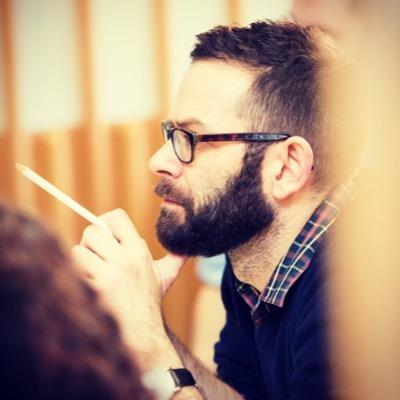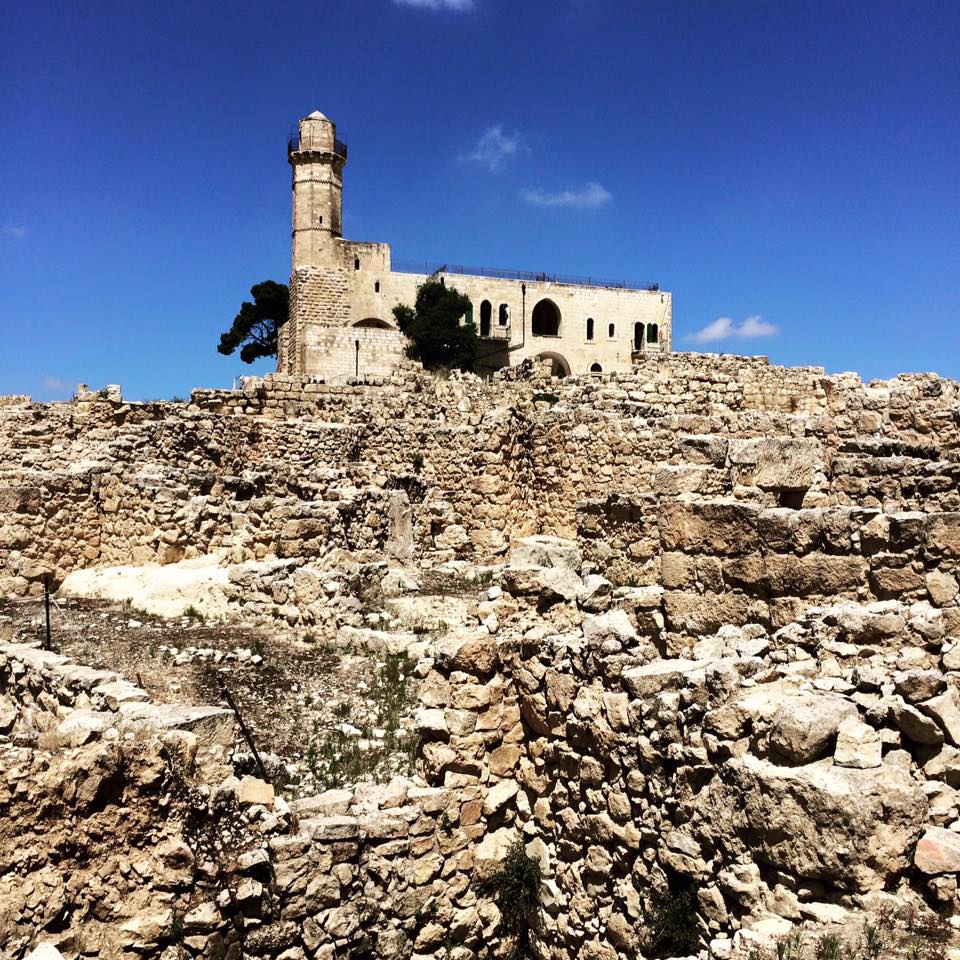As part of Birkbeck’s Discover our research activity, Professor Anthony Bale of the Department of English and Humanities writes about his current research activity.

Prof Anthony Bale
What is your current topic of research?
Holy mountains and emotions in the medieval Holy Land.
What inspired you to research this?
I realised that, in their accounts of their travels in the Holy Land, medieval pilgrims often described feeling strong emotions on top of mountains. This led me to think about the relationship between emotions and landscape. This helps me retrieve a sense of how people felt during their pilgrimages, rather than focussing simply on what they did. It also helps me revise the dominant – and incorrect – modern understanding that people in the Middle Ages had no or little appreciation of the landscape.
What excited you about this area of investgation?
I’m very excited about this topic – it is completely unexplored in previous scholarship, and it allows me to revise lots of misunderstandings about the Middle Ages. Essentially, I am able to show how several things which are thought of as quintessentially ‘modern’ – such as the vista, the appreciation of the landscape, the cultivation of specific emotions – were features of the medieval journey to Jerusalem.
What’s challenging about this topic?
The research is challenging on several levels. The historian of emotions is working with partial sources that describe feelings in terms very different from today’s. It’s important not to read our own emotional vocabulary back into the medieval sources: for instance, many sources say that pilgrims felt “joy” at the top of a mountain, but this is not the same as “happiness” or “the sublime”. Rather, medieval “joy” has a complex and clear theological and philosophical set of associations. This work is also beset with difficulties due to the partial nature of the sources I’m working with and the present-day politics of the sites I’m working on.

Nabi Samwil (Palestine), known in the Middle Ages as ‘Mount Joy’, a hill from which pilgrims took their first view of Jerusalem (Pic courtesy of Prof Bale)
What are the potential impacts of your research on everyday life?
My work is part of an attempt to write a richer and deeper history of the western engagement with the Holy Land in the Middle Ages. This engagement has a very long afterlife, and has coloured not only the ways in which Christians continue to engage with holy space, but also the present-day terrain of the conflict between Israel and Palestine.
What are your main goals in work?
My main goals in my work are to continue to challenge myself, extending my work in new directions, and to continue to uncover new and interesting aspects of medieval culture. Even though I’ve been studying my sources for many years, the Middle Ages definitely continue to surprise me and to engage my intellectual curiosity.
What kind of a research environment is Birkbeck to work in?
Birkbeck is a great research environment for several reasons. Researchers are able to follow the topics and sources that interest them, it’s a very accommodating and open-minded research environment. Because there is such a lively research student community too, there is always an atmosphere of exciting research being undertaken.
For a medievalist, Birkbeck has a fantastic community of people working in the premodern period, and of course we are very close to some of the best resources in the world for medieval studies: the British Library, the British Museum, the National Archives, and so on.
Find out more
- Prof Anthony Bale
- Discover our research
- Department of English and Humanities
- School of Arts
- Follow Prof Bale on Twitter (@RealMandeville)
